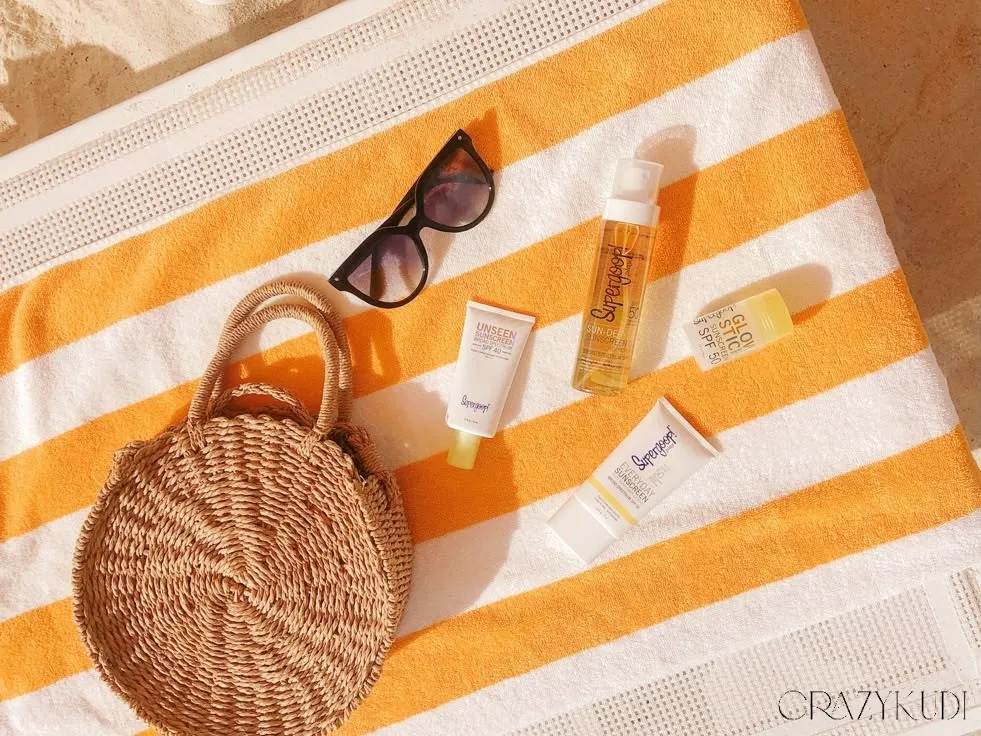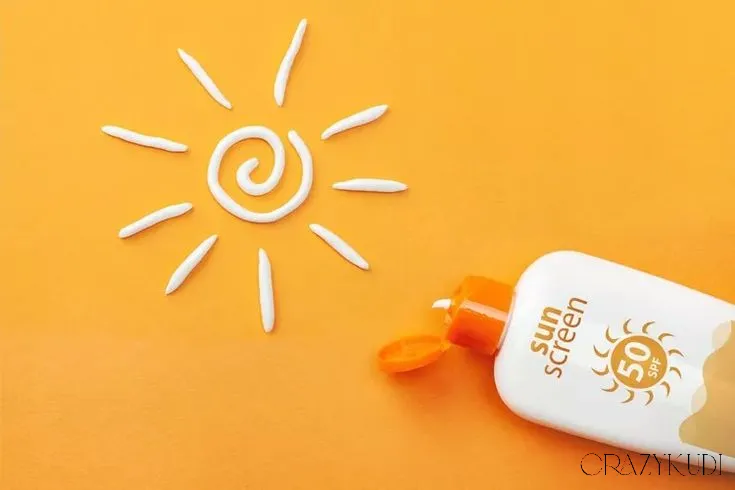"Do I really need sunscreen every day, even if it's cloudy or I'm mostly indoors?" As a board-certified dermatologist, this is one of the most common questions I encounter. My answer is always the same, and it's unequivocal: YES. Absolutely, positively, yes.
If there is one single skincare step that provides the most profound and long-lasting benefits for your skin's health and appearance, it is the consistent, daily application of broad-spectrum sunscreen with an SPF of 30 or higher. It’s not just for beach days or sunny afternoons; it's a fundamental part of responsible daily health care, much like brushing your teeth.
Let's break down why this daily habit is so crucial, addressing common misconceptions along the way.
Understanding the Invisible Threat: UVA and UVB Rays
The sun emits different types of ultraviolet (UV) radiation. The two main types that affect our skin are UVB and UVA:
- UVB Rays (Burning Rays): These are the primary cause of sunburn. Their intensity varies depending on the season, time of day, and location. While they contribute significantly to skin cancer development, they do not penetrate glass effectively.
- UVA Rays (Aging Rays): These rays penetrate the skin more deeply than UVB. They are the main culprits behind photoaging – the wrinkles, leathery texture, loss of elasticity, and brown spots (hyperpigmentation) associated with sun exposure. Crucially, UVA rays:
- Are present with relatively equal intensity during all daylight hours, throughout the year.
- Can penetrate clouds (up to 80% of UV rays can pass through clouds).
- Can penetrate window glass.
Also read: Firming Up the Facts: A Dermatologist Explains Radiofrequency Skin Tightening
Why Everyday Protection is Non-Negotiable:
The pervasive nature of UVA rays is the key reason daily sunscreen use is essential, even when you think you're safe:
- Incidental Sun Exposure Adds Up: Think about the cumulative exposure you get driving your car, sitting near a window at home or in the office, or walking outside for brief periods. This "incidental" exposure, primarily to UVA rays, significantly contributes to long-term skin damage and aging over your lifetime.
- Clouds Offer False Security: Don't let overcast skies fool you. A significant amount of damaging UV radiation reaches your skin even on cloudy days.
- Winter Sun is Still Sun: While UVB intensity decreases in winter, UVA rays remain relatively constant year-round. Furthermore, snow can reflect up to 80% of UV rays, increasing your exposure.
- Skin Cancer Prevention is Year-Round: Skin cancer is the most common cancer in the United States and globally. Daily use of broad-spectrum sunscreen dramatically reduces your risk of developing basal cell carcinoma, squamous cell carcinoma, and melanoma, the deadliest form. This protection is needed every single day exposure occurs.
- It's the Best Anti-Aging Product You Can Buy: Forget expensive creams promising miracles. Preventing UV damage in the first place is the single most effective strategy against premature aging. Daily SPF protects your collagen and elastin from degradation caused by UVA rays, keeping skin firmer and smoother for longer.
- Managing Hyperpigmentation: Sun exposure triggers melanin production, leading to sun spots and potentially worsening conditions like melasma. Daily sunscreen use is critical both for preventing new dark spots and for allowing treatments for existing pigmentation to work effectively without being counteracted by ongoing UV exposure.

Addressing Specific Concerns:
- "But I have dark skin, I don't burn!" While melanin provides some natural protection (equivalent to a low SPF), it is NOT enough to fully shield skin from UV damage. People of all skin tones can develop skin cancer and experience photoaging. Furthermore, individuals with darker skin tones are often more prone to hyperpigmentation issues, making daily sun protection even more critical for maintaining an even complexion.
- "I work indoors all day." Remember, UVA rays penetrate window glass. If you sit near a window in your office or home, or commute by car, you are getting UVA exposure.
Also read: At-Home Microneedling for Scars & Lines: Potential Benefits vs. Dermatologist Warnings
Making Daily Sunscreen a Habit:
The best sunscreen is the one you will actually use consistently. Here's how to choose and use it effectively:
- Broad-Spectrum: Ensures protection against both UVA and UVB rays.
- SPF 30 or Higher: SPF 30 blocks approximately 97% of UVB rays. Higher SPFs offer marginally increased protection.
- Find a Formula You Love: Modern sunscreens come in various formulations (lotions, gels, creams, sticks) and finishes (matte, dewy). Whether you prefer mineral blockers (zinc oxide, titanium dioxide) or chemical filters, experiment until you find one that feels cosmetically elegant on your skin. Brands like EltaMD, La Roche-Posay, Supergoop!, ISDIN, and many others offer excellent options.
- Apply Generously: Most people under-apply sunscreen. You need about a nickel-sized dollop (or use the "two-finger" length method) for your face alone, and a shot glass amount for your body.
- Apply Before You Go Out: Apply sunscreen about 15-20 minutes before sun exposure to allow it to form a protective film.
- Make it Part of Your Morning Routine: Apply it after your moisturizer and before any makeup, every single morning.
Conclusion:
Think of daily sunscreen application not as an optional beauty step, but as a fundamental health practice. It's your primary defense against the daily onslaught of UV radiation that accelerates aging and significantly increases your lifetime risk of skin cancer. Don't reserve it for sunny days – make broad-spectrum SPF 30+ an non-negotiable part of your morning routine, 365 days a year. Your skin will thank you for decades to come.

